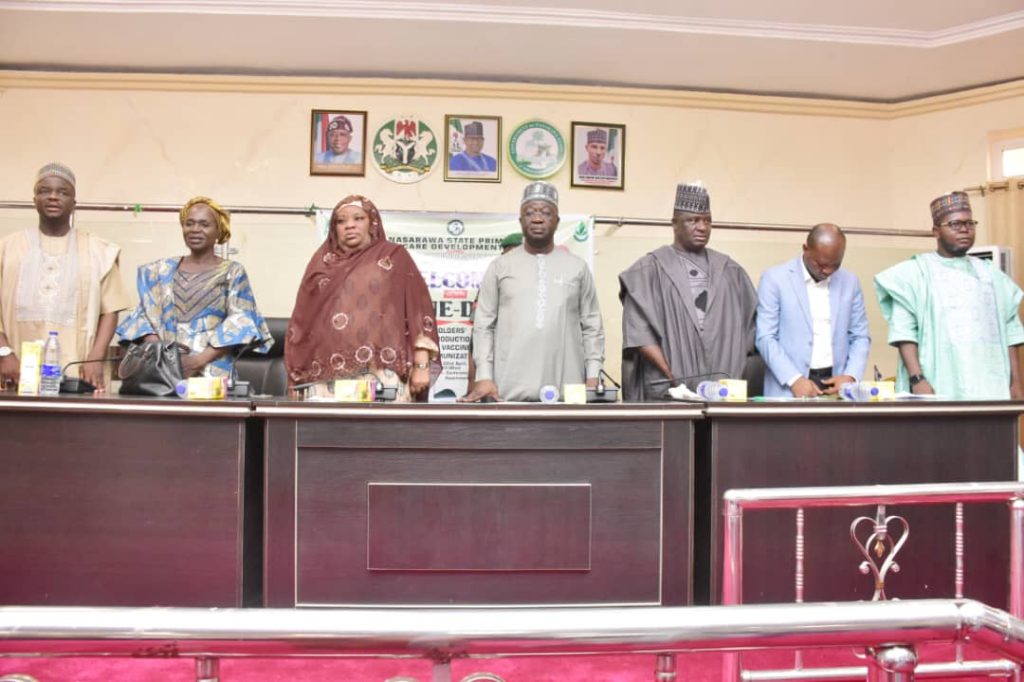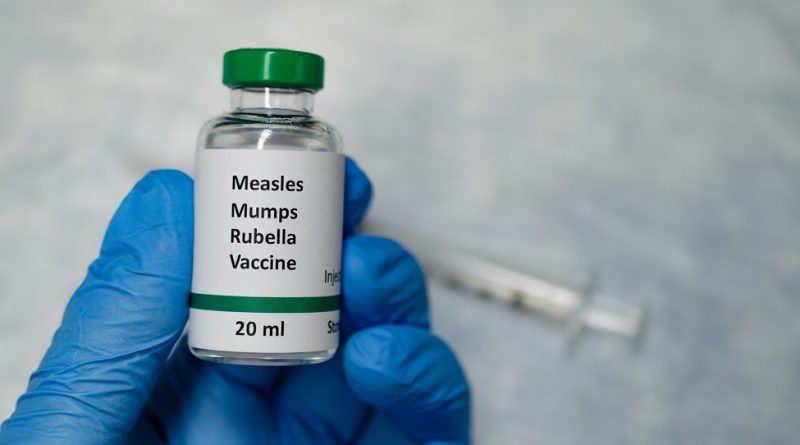Nasarawa Intensifies Efforts Against Measles, Rubella Ahead of October Immunization Campaign
Health authorities and stakeholders in Nasarawa State have renewed calls for unified action as the state prepares to roll out a large-scale measles and rubella immunization campaign targeting children aged five months to fifteen years. The vaccination drive, which begins in October, is aimed at curbing the spread of the highly contagious diseases and protecting the lives of thousands of children across the state.

This was the central message during a one-day stakeholders’ engagement forum held in Lafia on Tuesday (April 22, 2025), where experts, policymakers, civil society organizations, and development partners gathered to discuss the integration of measles and rubella vaccines into the state’s routine immunization schedule.
Representing Governor Abdullahi Sule at the event, Deputy Governor Dr. Emmanuel Akabe, stressed that the introduction of the vaccines into routine immunization marks a major milestone in the state’s fight against preventable childhood illnesses.
“Vaccination is a powerful tool that can shield our children from the severe complications of measles and rubella — complications that include vision loss, brain damage, and even death,” Dr. Akabe said. “The State Government is committed to supporting this campaign fully and ensuring no child is left behind.”
He praised the Federal Government’s Renewed Hope Agenda, saying it aligns with the State’s vision for a healthier, resilient population.
The Nasarawa State Commissioner for Health, Dr. Gaza Gwamna, highlighted the urgency of the immunization campaign, revealing that a recent measles outbreak was recorded in Rukubi, Doma Local Government Area.
“Outbreaks like these remind us that complacency is dangerous,” he said. “Our commitment must be unwavering if we hope to prevent more cases and protect vulnerable populations.”
Also addressing participants, Dr. Iskilu Saleh, Executive Secretary of the Nasarawa State Primary Healthcare Development Agency, called on stakeholders to counter vaccine hesitancy and debunk widespread misinformation; especially myths linking vaccines to infertility.
“The measles and rubella vaccines are free, safe, and effective,” Dr. Saleh affirmed. “They do not cause infertility. That is a damaging myth that must be put to rest. We need a collective effort to educate parents and caregivers so that no child is denied this life-saving protection.”
Dr. Saleh emphasized the importance of robust partnerships and praised the accelerated efforts of the state government and partners in advancing public health outcomes.
Representing UNICEF, Pharm. Jane Godwin commended Nasarawa State for playing the role of a leader in implementing impactful health interventions. She reiterated the agency’s commitment to ensuring vaccine accountability and transparency, noting that the state continues to stand out nationally in health sector performance.
“We are seeing real progress in Nasarawa,” she said. “Our focus now is ensuring that vaccines not only reach the communities but are properly managed and administered. Every child deserves that protection.”
A broad coalition of local leaders also lent their voices in support of the immunization effort. ALGON Chairman for Nasarawa State, Hon. Safiyanu Isa, NCWS State Chairperson, Mrs. Mary Meshi, and Chairman of the Nasarawa State House of Assembly standing committee on health, Hon. Larry Ven-Bawa, all pledged to dedicate resources and time to ensure the campaign’s success.
“Our children’s health is non-negotiable,” said Hon. Ven-Bawa. “This is a fight for their future, and it is a fight we must win.”
The stakeholders’ engagement was held in collaboration with the Office of the First Lady of Nasarawa State, the Nasarawa State Primary Healthcare Development Agency, and the Centre for Well-Being and Integrated Nutrition Solutions (C-WINS).
Participants agreed that beyond administering vaccines, effective public sensitization is crucial to achieving broad-based community participation. They stressed that reaching rural and underserved populations will require door-to-door mobilization, involvement of traditional and religious leaders, and sustained media campaigns.
As October approaches, preparations for the immunization campaign are already in full swing. Health officials are optimistic that, with widespread stakeholder support and strategic partnerships, Nasarawa State can set a national example in disease prevention and child health promotion.





